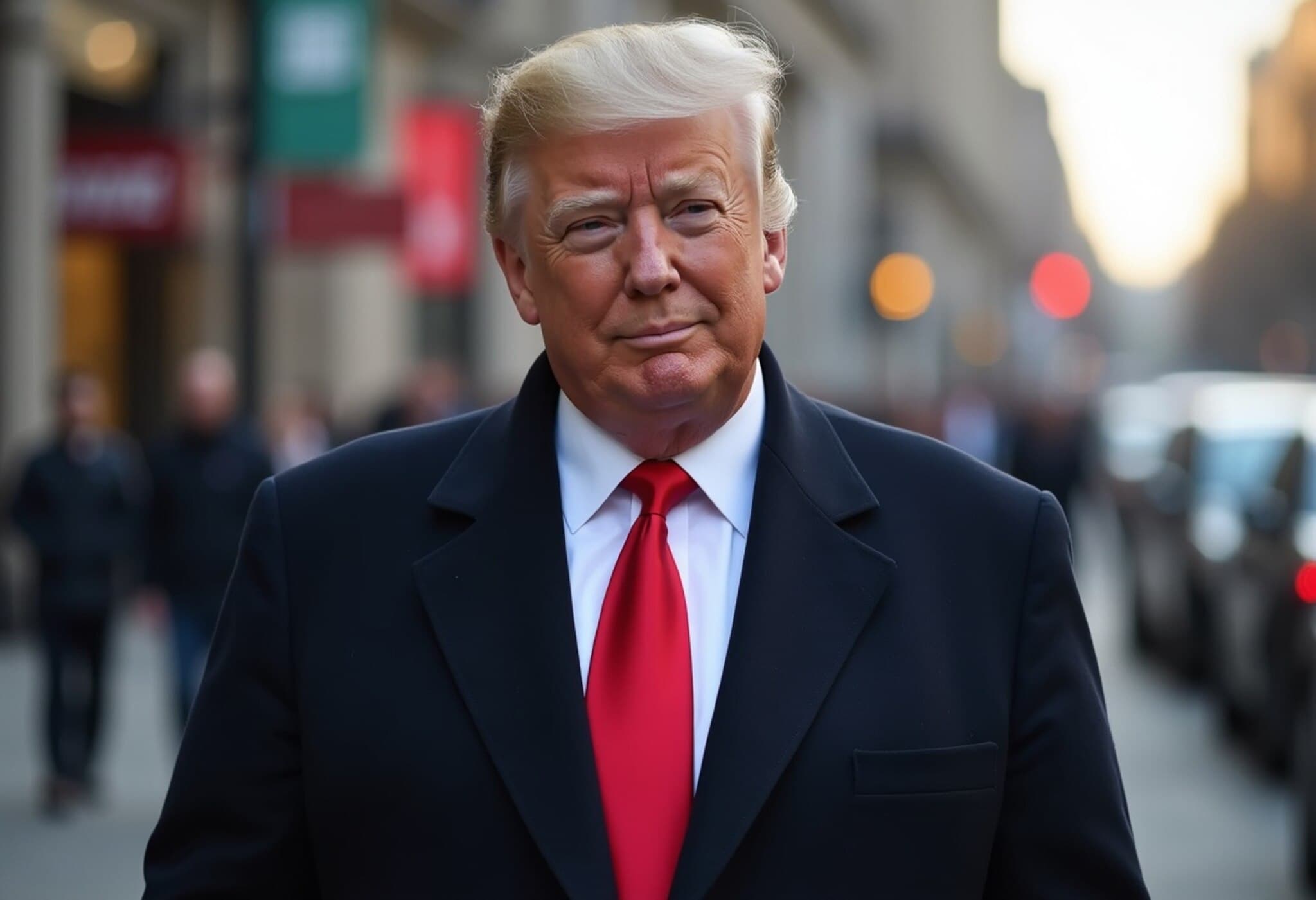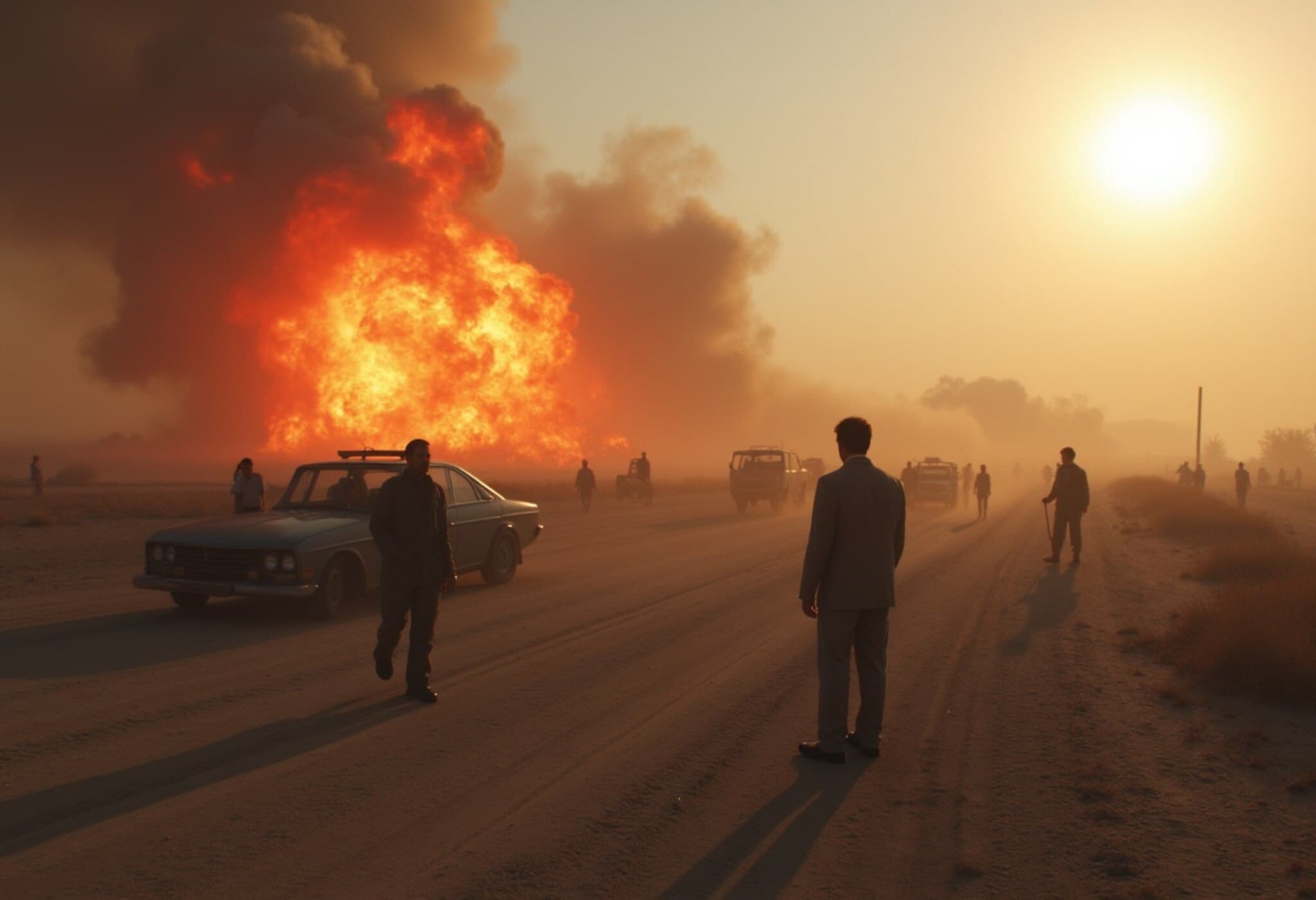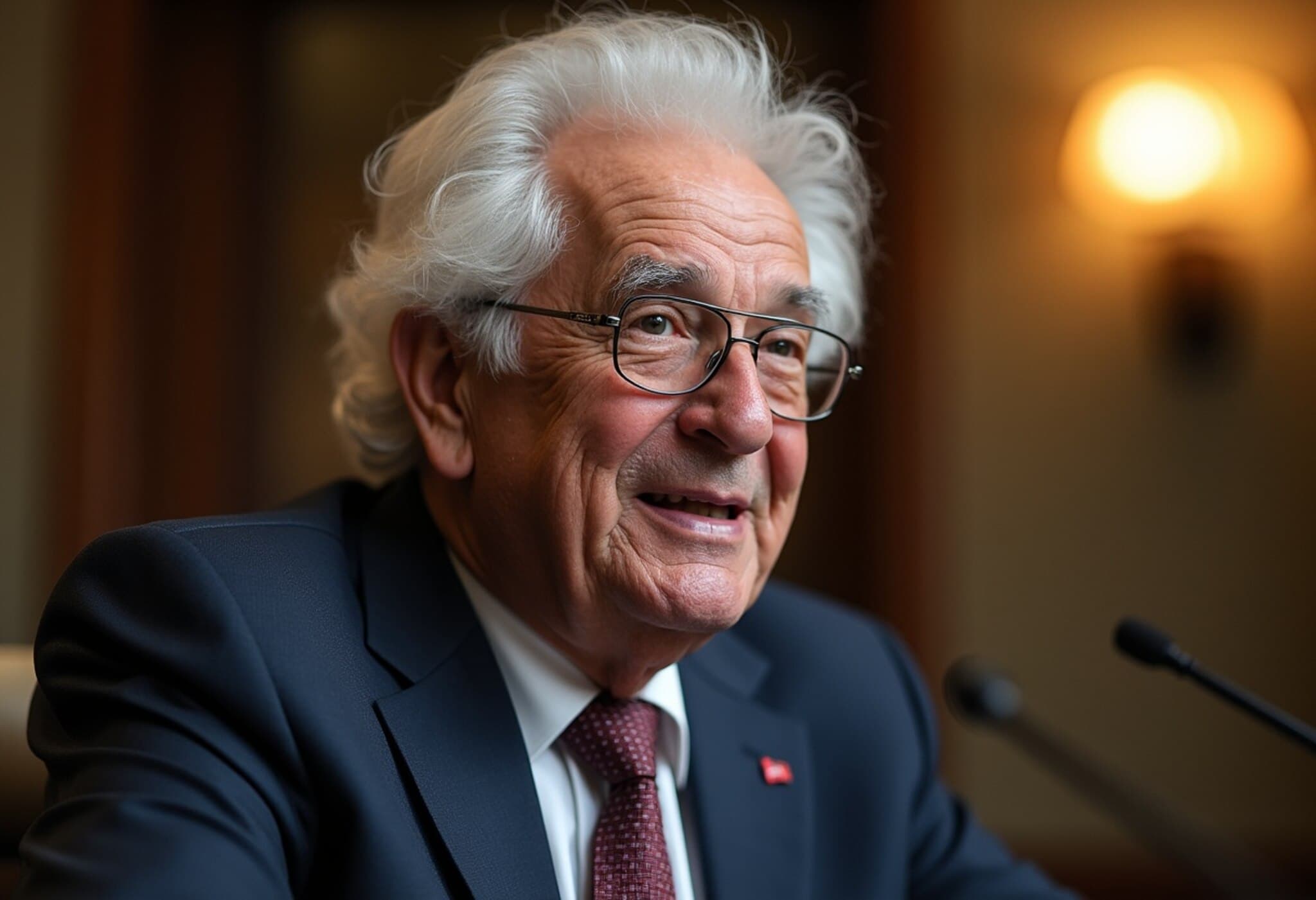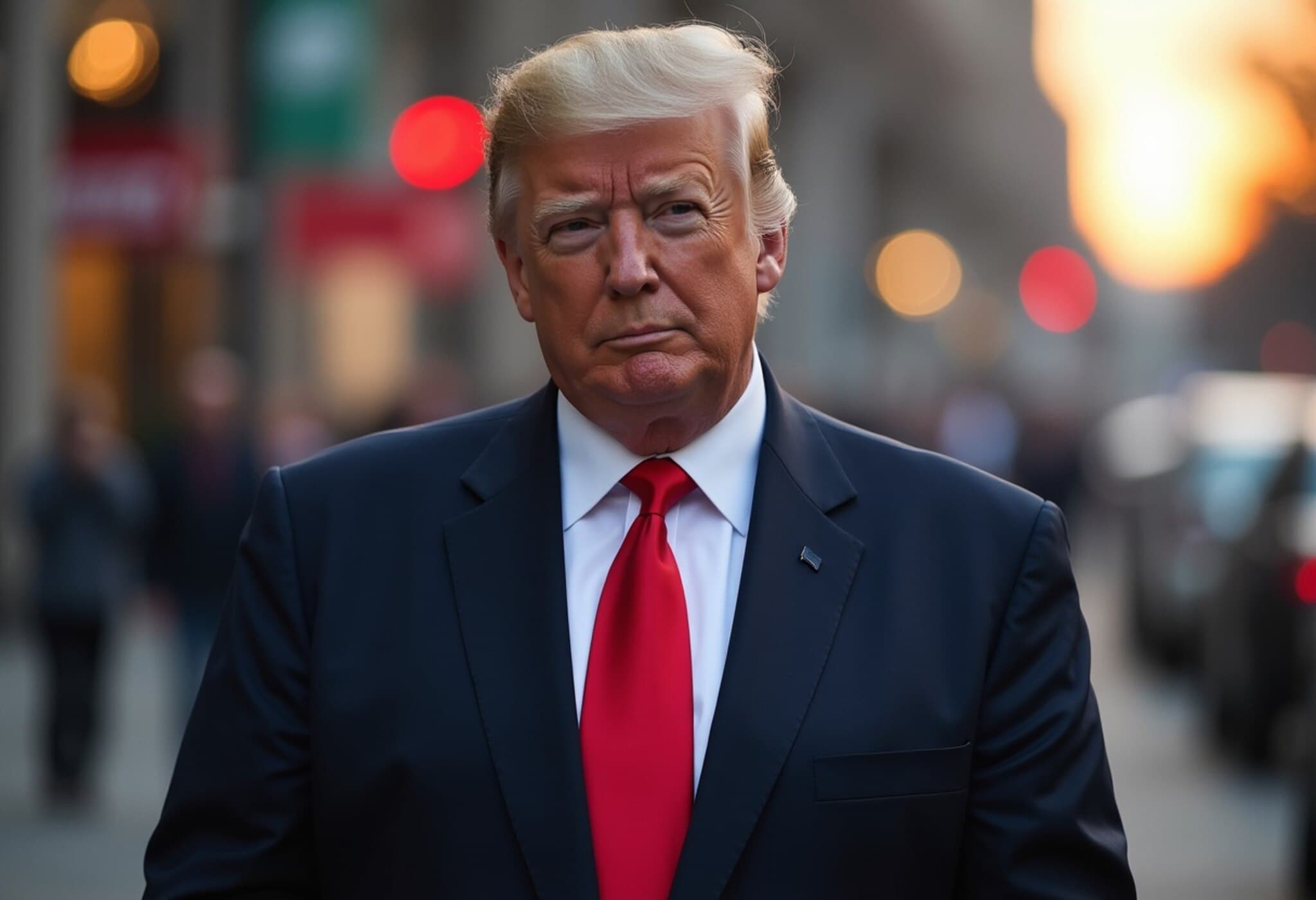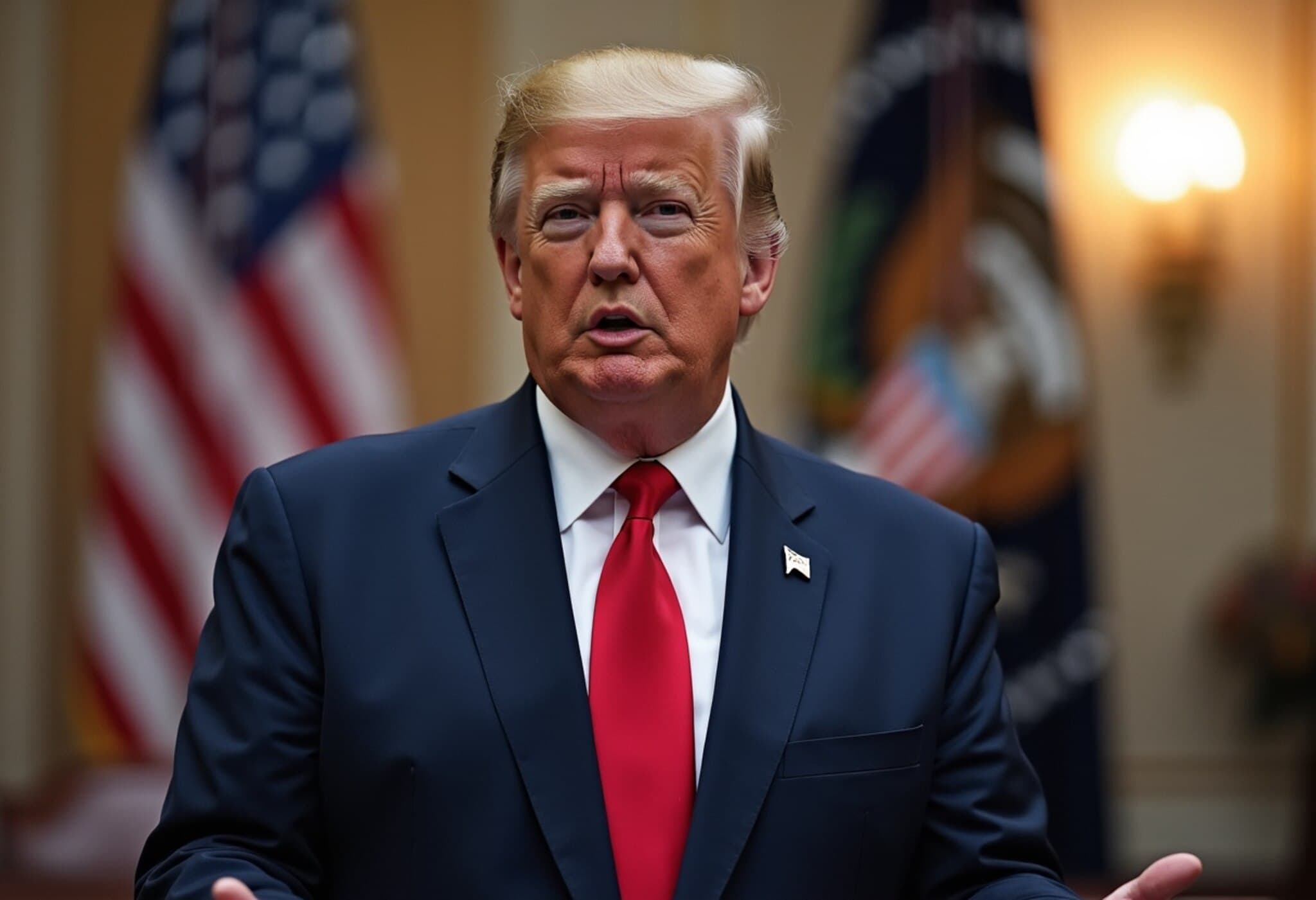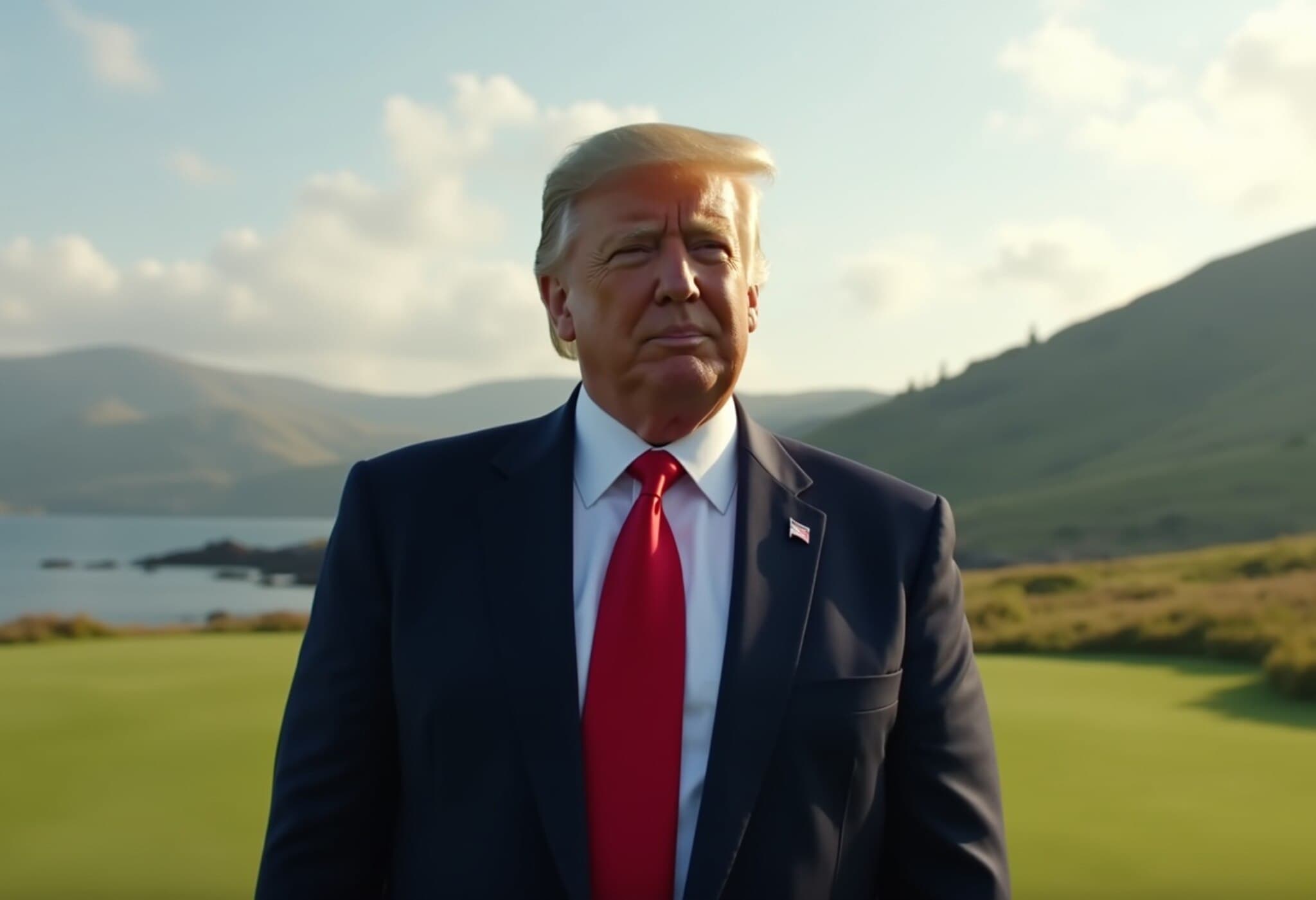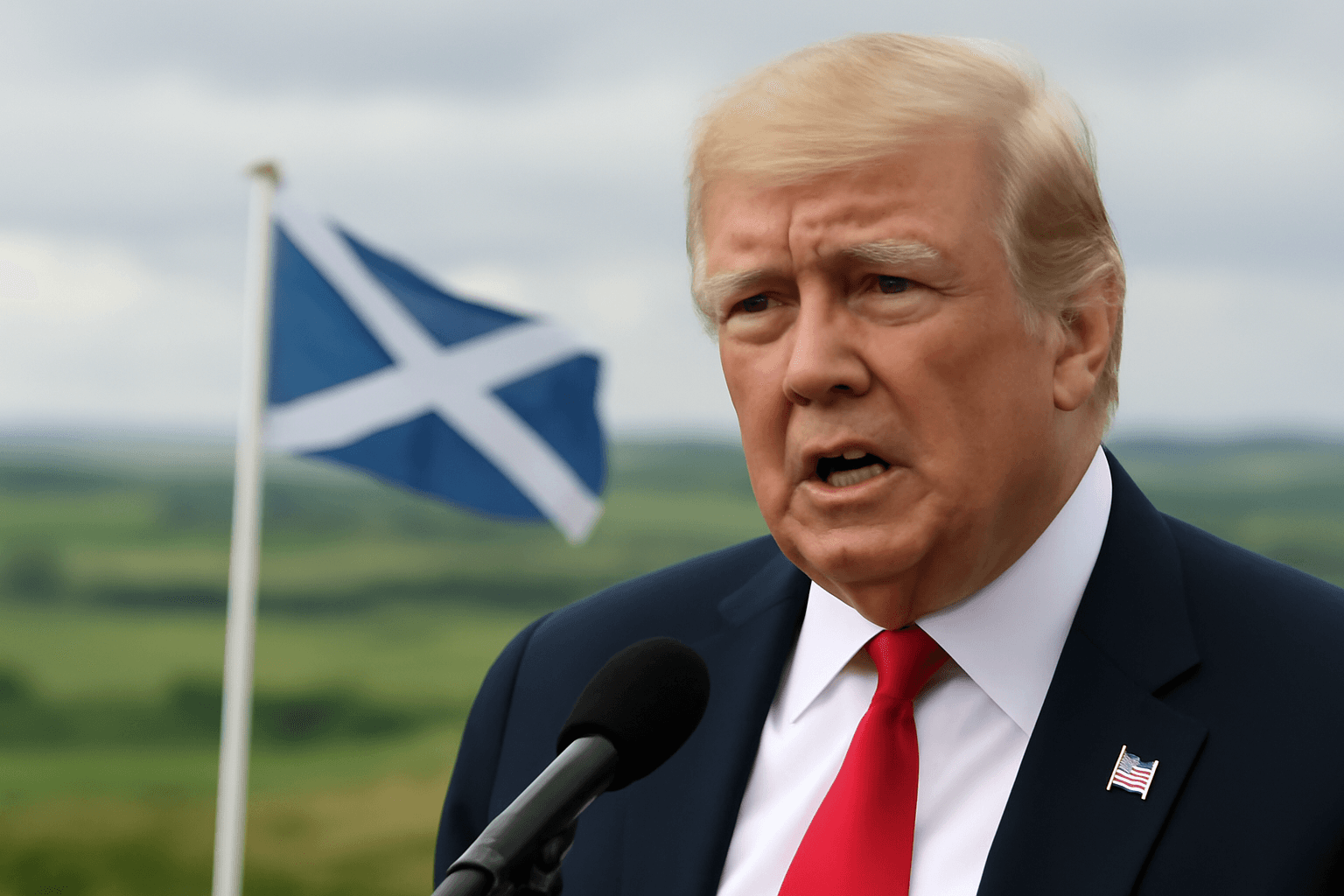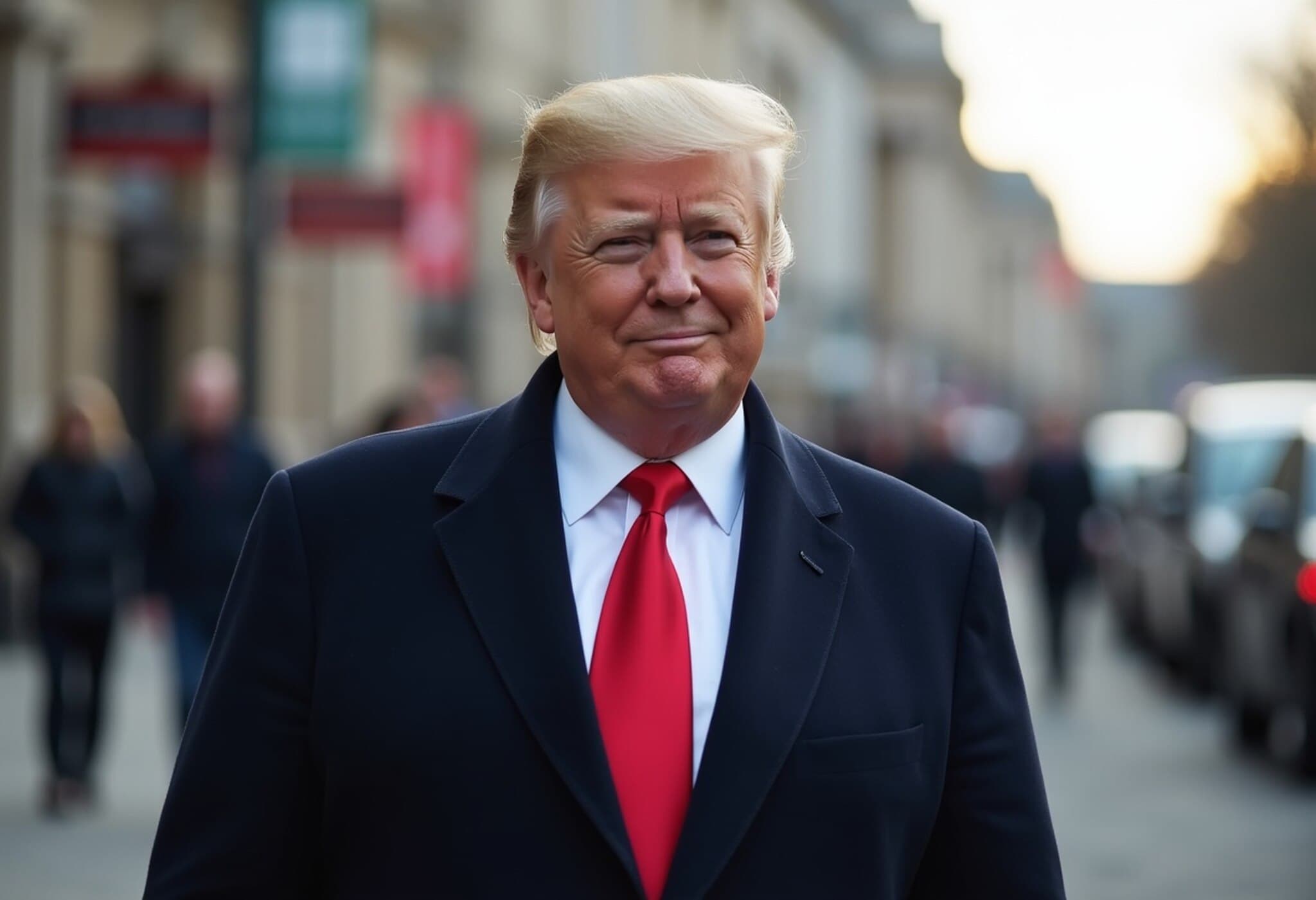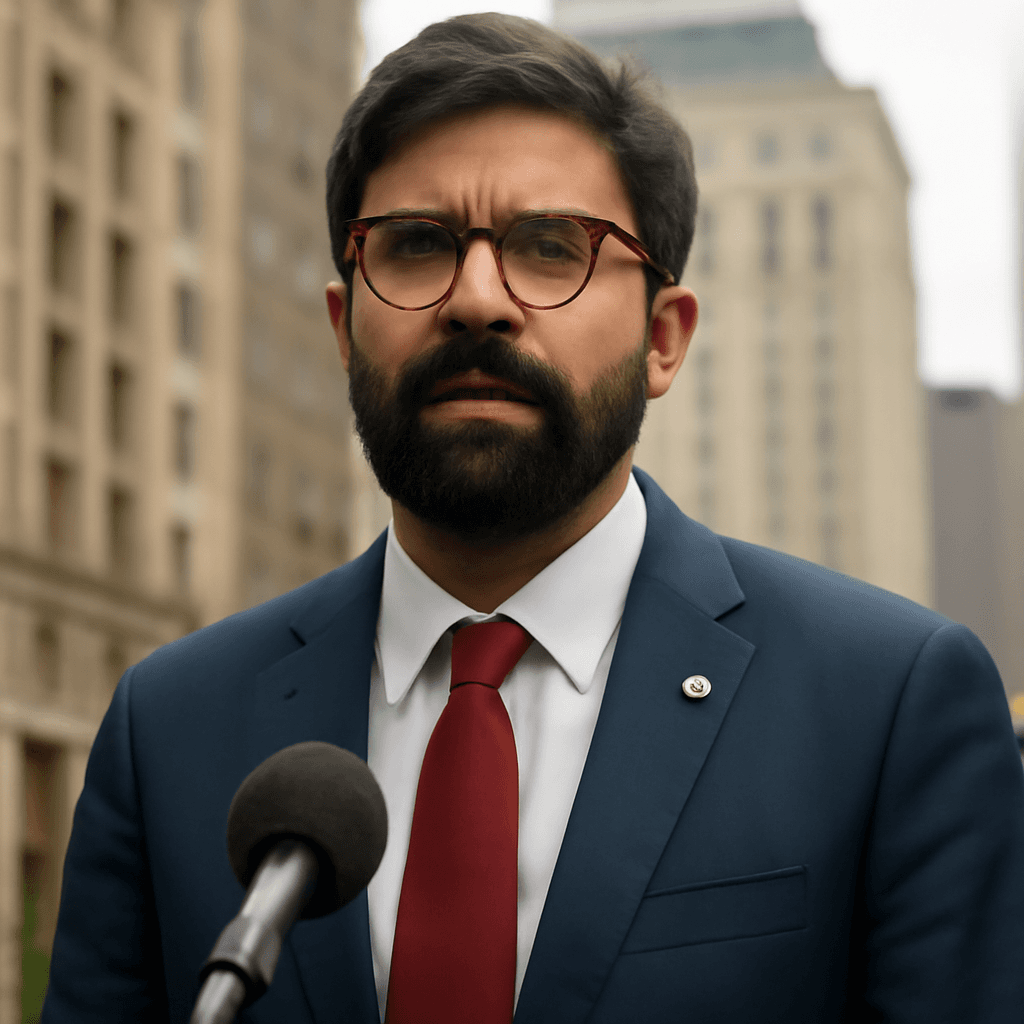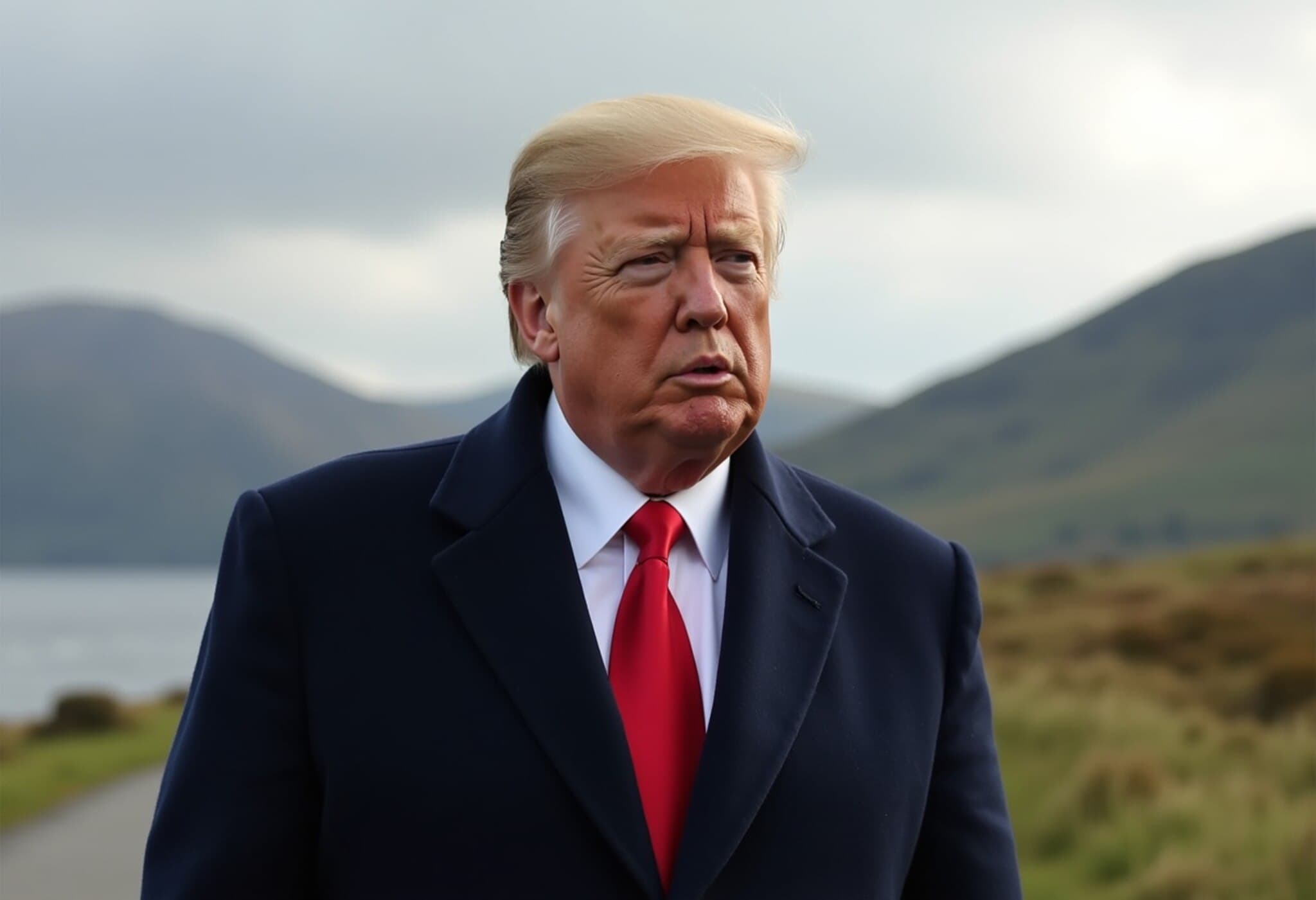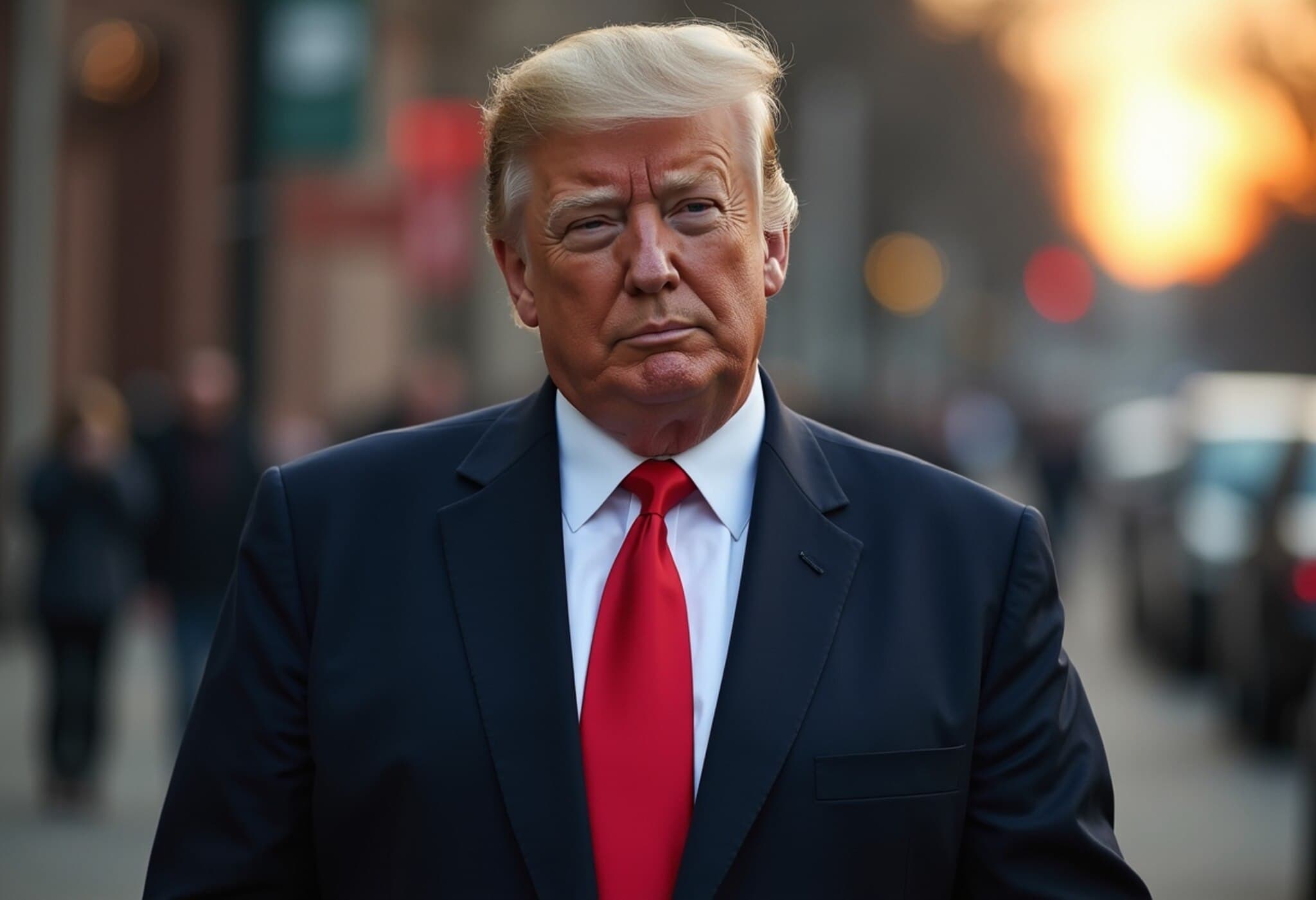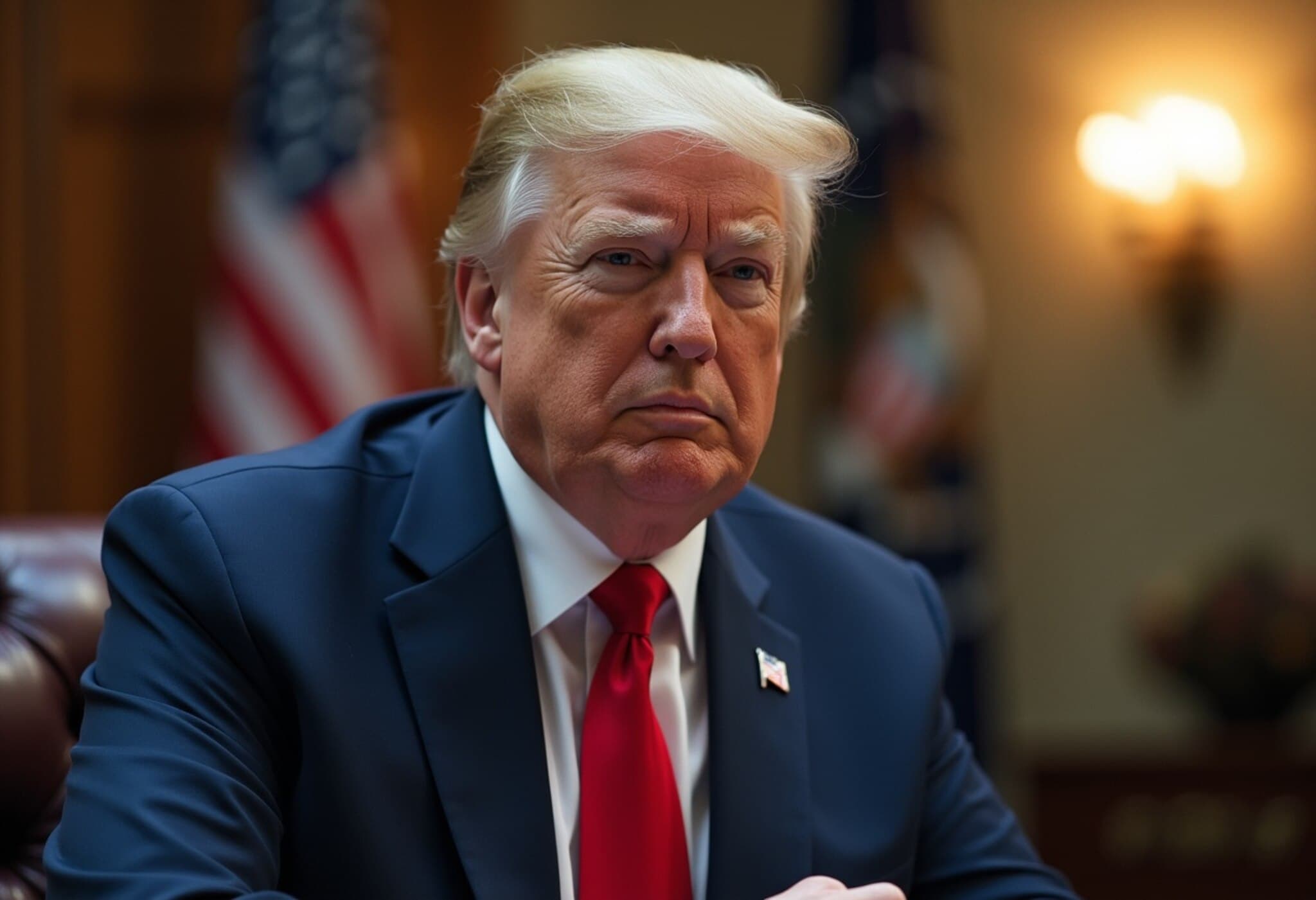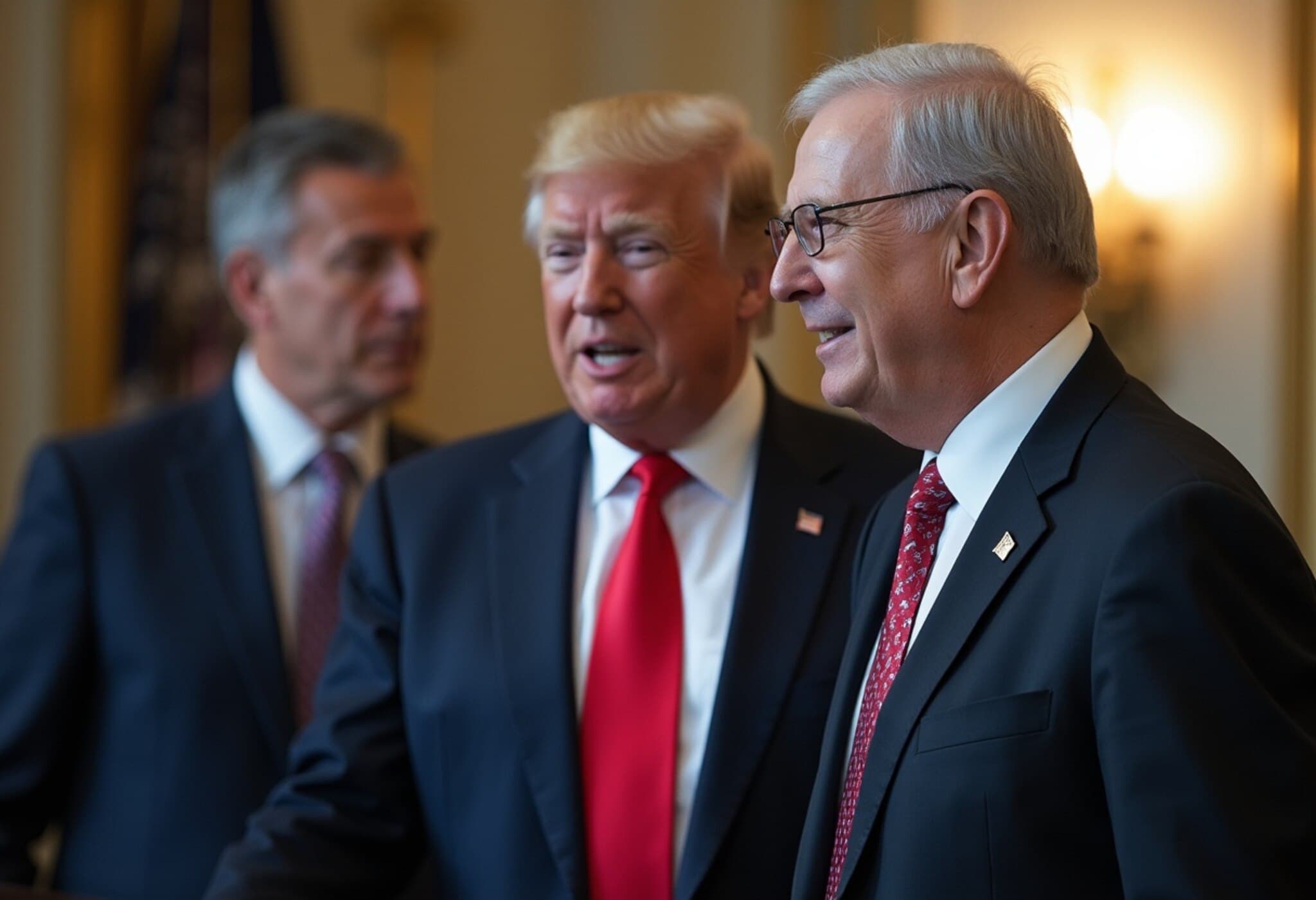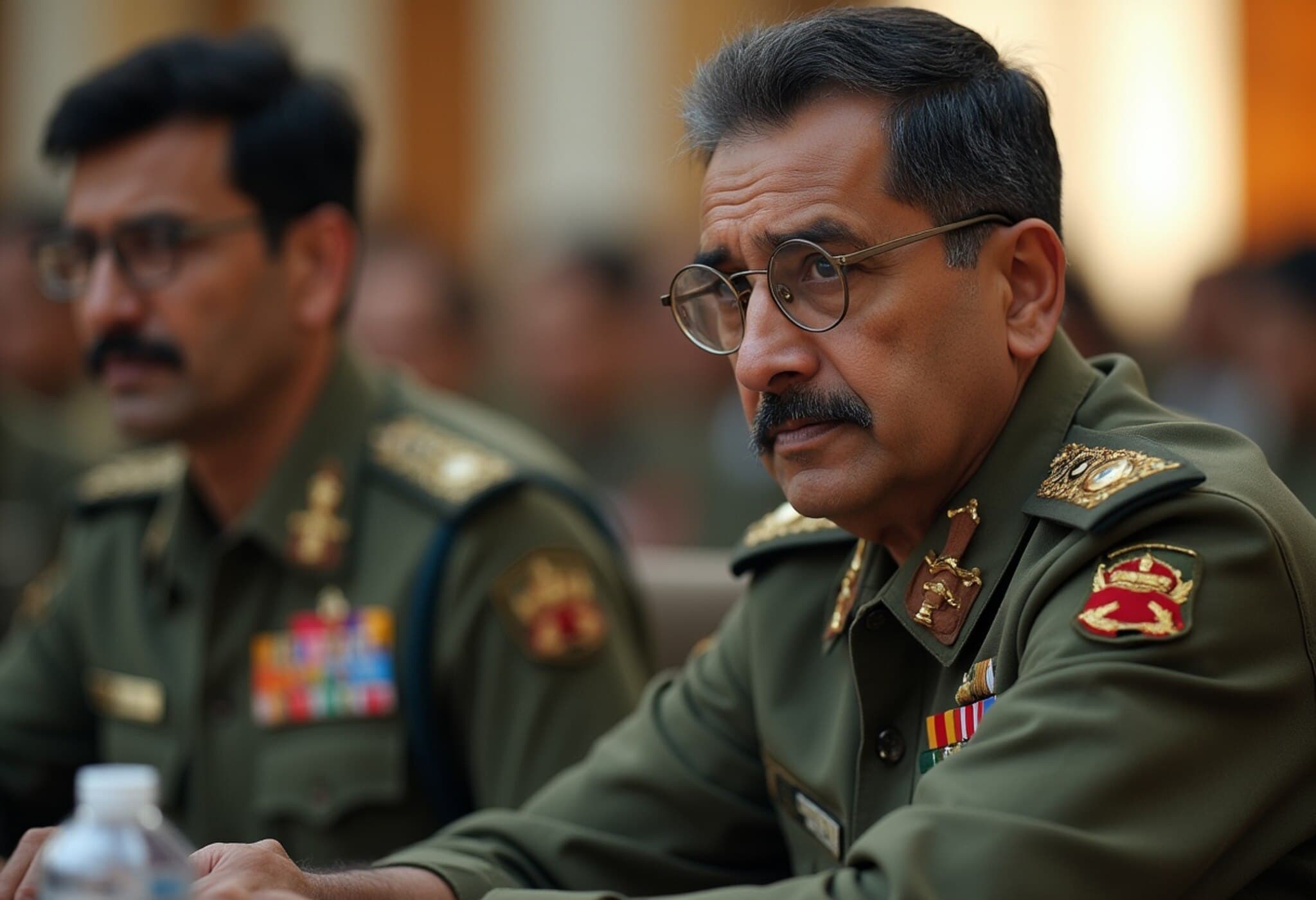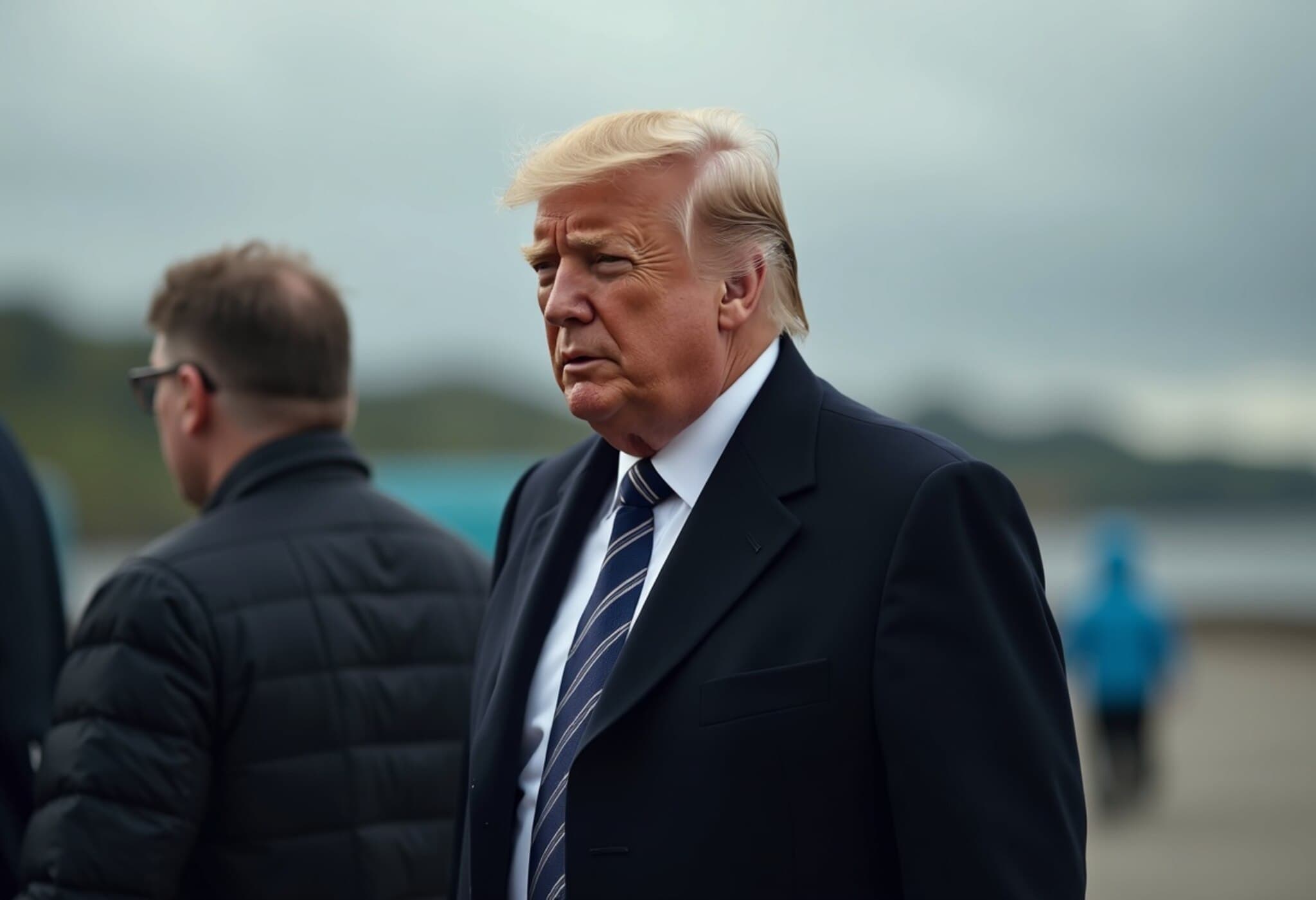Trump Issues Stark Warning on Europe’s Immigration Crisis
In a recent and provocative statement, former U.S. President Donald Trump cautioned that Europe faces a dire future if the current migration patterns continue unchecked. Speaking upon his arrival in Scotland on July 26, 2025, Trump described immigration flow into Europe as a “horrible invasion” that is “killing Europe,” warning the continent risks losing its identity altogether.
The Message: “You Won’t Have Europe Anymore”
After stepping off Air Force One, Trump delivered a blunt message to European leaders and citizens alike: “You’ve got to get your act together. You won’t have Europe anymore.” He contrasted Europe’s situation with the U.S. under previous months’ travel and immigration restrictions, stating that America “had nobody entering our country” recently because of strong border enforcement, a policy he credits for removing many “bad people.”
Trump sharply criticized the current U.S. administration under President Biden, accusing it of failing to control immigration effectively: “Biden was a total stiff when he allowed it to happen. But you’re allowing it to happen to your countries, and you’ve got to stop this horrible invasion.”
Echoes from Across the Channel: UK’s Stance on Immigration
UK Prime Minister Keir Starmer has voiced growing concerns that Britain risks becoming an “island of strangers” without enhanced immigration controls. His government has recently implemented stricter border security policies to stem irregular crossings, particularly focusing on small boats traversing the English Channel.
Additionally, France and Britain have agreed on a reciprocal migrant return treaty designed to curb the flow of migrants, highlighting increased European cooperation amidst a politically sensitive migration challenge.
Migration in Europe: A Complex Reality
Data from the United Nations indicates that as of 2020, Europe was home to approximately 87 million international migrants, a number representing roughly 10% of the continent’s population. Such large-scale demographic shifts have fueled vigorous debates about cultural identity, economic impact, and social cohesion across European countries.
Italy’s Prime Minister Giorgia Meloni has taken a particularly resolute stance, vowing not to allow Italy to become “Europe’s refugee camp.” Her government’s hardline policies illustrate the deep divisions within the EU on how to address migration responsibly while maintaining humanitarian obligations.
Contextualizing Trump’s Visit to Scotland
Trump’s comments come as part of his weekend visit to Scotland, where he plans to inaugurate a new golf course honoring his Scottish-born mother—a personal milestone amid heated political discourse. The visit builds anticipation ahead of his scheduled state visit to the UK in mid-September, a trip expected to further spotlight U.S.-UK relations amid evolving geopolitical dynamics.
Expert Insights: Migration, Identity, and Political Rhetoric
Experts caution that while migration presents challenges to social infrastructure, framing immigration as an “invasion” risks oversimplifying complex realities. According to Dr. Anne-Marie Leclerc, a European migration policy analyst, "Robust border control policies need to be balanced with humane asylum procedures. Europe’s strength has always been its diversity and capacity to integrate newcomers." Meanwhile, political rhetoric that emphasizes fear may deepen social divisions and hinder constructive policy solutions.
In the American context, migration policies often mirror similar debates on national security and labor needs, underscoring the transatlantic scope of immigration challenges.
Looking Ahead: What Europe Faces
- Demographic pressures: Europe’s aging population requires incoming migrants for economic vitality, complicating political narratives.
- Policy coordination: Greater EU unity is essential to manage migration flows and border security effectively.
- Human rights concerns: Protecting the rights of refugees and migrants remains a core European value under strain.
Editor’s Note
Donald Trump’s stark remarks illustrate the growing tensions surrounding migration in Europe, a continent wrestling with identity, security, and compassion. While political leaders debate how to balance these competing demands, it is crucial to approach migration as a multidimensional issue rather than a mere crisis to be “stopped.” Our shared humanity requires policies that protect borders without sacrificing dignity or opportunity. As millions continue to seek safety and prosperity, Europe’s future depends on nuanced, thoughtful leadership rather than fear-driven rhetoric.

